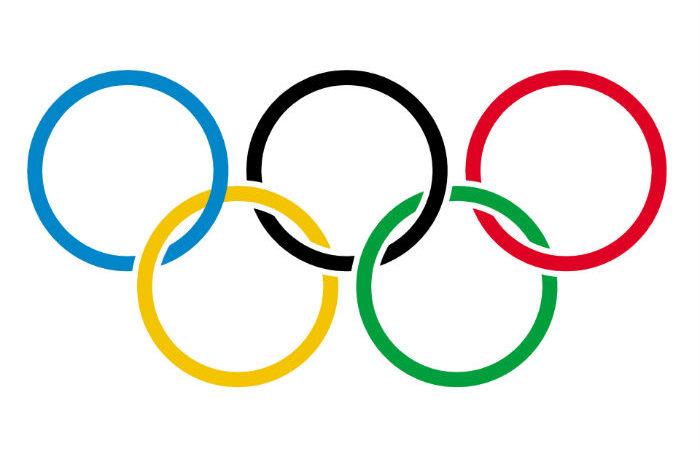By Trusts and Estates Attorney Kerri Castellini
The 2016 Summer Olympics kicked off on August 5, 2016. Until the closing ceremonies, over 500 American athletes are slated to compete in over 28 different sports ranging from swimming to gymnastics, and even table tennis. The first modern Olympics were held in 1896. The United States has participated in 49 Olympic Games and is the current leader of the country with the most medals received throughout the history of the Olympic Games.
Making it to the Olympics requires laser focus on the goal for most athletes throughout their lifetime. Countless hours of practice, self-discipline, and extreme dedication to their sports has led many athletes to Rio. However, participation in the Games alone may be life changing, athletes may not be prepared for their own unique set of new found estate planning issues.
The first unique issue is the gold medal, itself. Although not made entirely of gold, placing a monetary value on the medal may be difficult. Currently, the medal may be worth just around $500 in scrap value. However, athletes have sold their medal for much more than scrap value due to the medal’s worth as a collector’s item.
Vladimir Klitschko reportedly sold his gold medal earned at the Atlanta games for $1 million dollars. While the value of the medal may be difficult to determine, the medal is considered tangible personal property and may be addressed in an athlete’s Last Will and Testament.
The gold medal, along with the prize money for the US Olympic Committee and subsequent endorsement deals raises another interesting issue for Olympians: a sudden increase in wealth.
While the US Olympic Committee currently pays an athlete $25,000 for each gold, $15,000 for silver, and $10,000 for bronze, endorsement deals for athletes could be much more significant. With an increase in wealth, there can also be an increase in exposure to estate taxes.
The current federal estate tax exemption is $5.45 million. Some states and jurisdictions, such as Maryland and the District of Columbia have a much lower exemption amount. Endorsement deals and the value of their own Olympic memorabilia may easily push athletes over the filing thresholds.
The issue of a sudden increase in wealth may also be a concern for athletes under the age of 18. Because they may not be able to hold assets in their own names, parents or other adults may need to seek guardianship of the minor athlete to accept proceeds and sign endorsement deals on their behalf.
The Rio Olympic Games has viewers from around the world tuned to cheer on their country or favorite athlete. While it is one of the most renowned sporting events in the world, it is also a financial game changer for a lot of athletes. After the closing ceremonies, Olympians may wish to tackle their estate planning with the same dedication as their sport.

